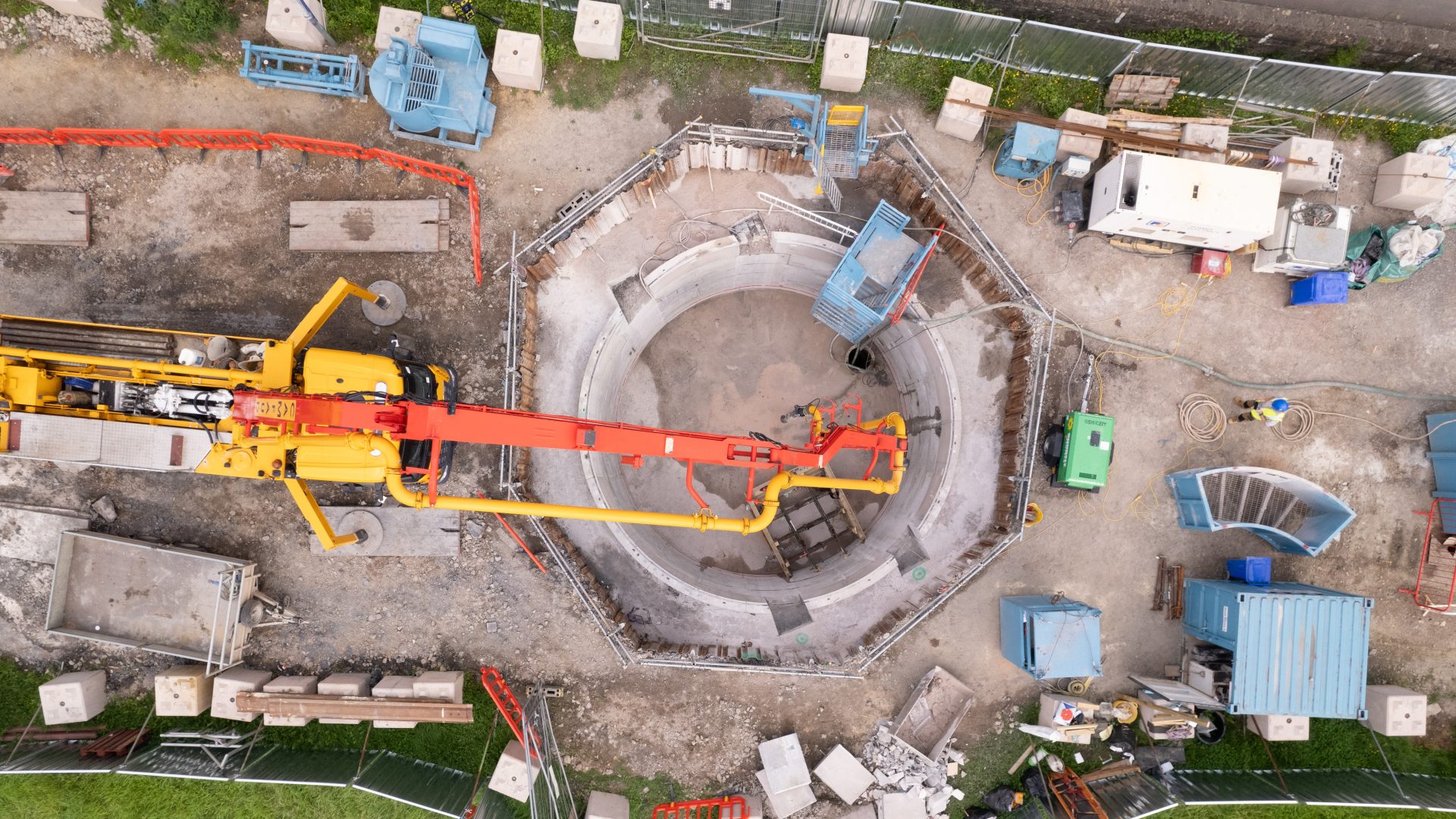The mission to protect the River Avon is stepping up a further gear this autumn as a £800,000 project to reduce the pressure on the sewer system gets under way in east Bristol.
Teams moved on to a residential area within Hanham to start work on the scheme to ensure more rainwater can be safely stored during heavy storms, helping to prevent flooding of homes and businesses and reducing the automatic operation of nearby storm overflows.
A new below-ground storage tank, to be built under green space in Wilshire Avenue, will host increased flows from combined sewers, which carry both wastewater from homes and businesses and rain run-off from buildings and surfaces, during periods of heavy downpours.
When the storm has receded, the excess water is then returned to the sewer system to continue its onward journey to the city’s water recycling centre at Avonmouth where it is properly treated before being safely returned to the environment.
The tank, which will be buried more than five metres into the ground, will be able to host an additional 50,000 litres of water.
The Hanham project is part of Wessex Water’s £3 million a month investment to reduce how often storm overflows operate and follows hot on the heels of two similar schemes upstream that are also beefing up the protection of the ecology of the River Avon.
More than £1.3 million is being spent this autumn to install at storm tank in the car park of Bath RFC’s playing fields in Lambridge in the east of the city that will be able to hold more than 125,000 litres of storm water.
A further 160,000 litres of storage space is being created further west within Victory Field, in Bradford on Avon as part of a near-£2 million investment which is set to be completed in April next year.
Wessex Water project manager Andre Laranjeira said:
“By installing this extra storage means we are aiming to reduce the potential for flooding and cut the automatic operation of a nearby storm overflow by around more than 80 per cent as we continue to protect the ecology and health of the River Avon.”
“Overflows are designed as a relief valve to protect homes from flooding and if there is too much rainfall in the system, the overflow automatically discharges into watercourses. This storage can help to tackle that issue and ensure the water can be returned to the sewer system at a later time for proper treatment.’’
Wessex Water is completing nearly 100 projects before 2025 to reduce the operation of storm overflows by a quarter, while supporting the environment.
The company’s Storm Overflows Improvement Plan also includes measures to beef up the monitoring of overflows across the region and upgrades more than 40 water recycling centres to increase capacity, introducing more nature-based and low-carbon methods.



